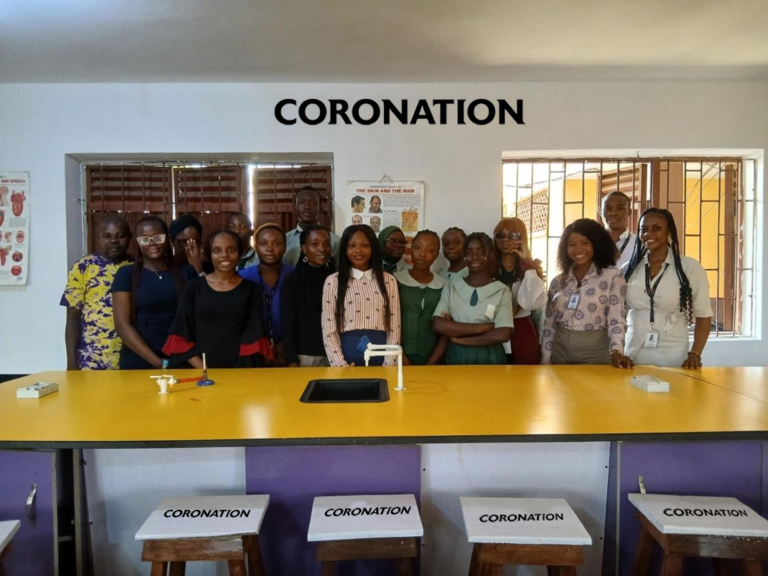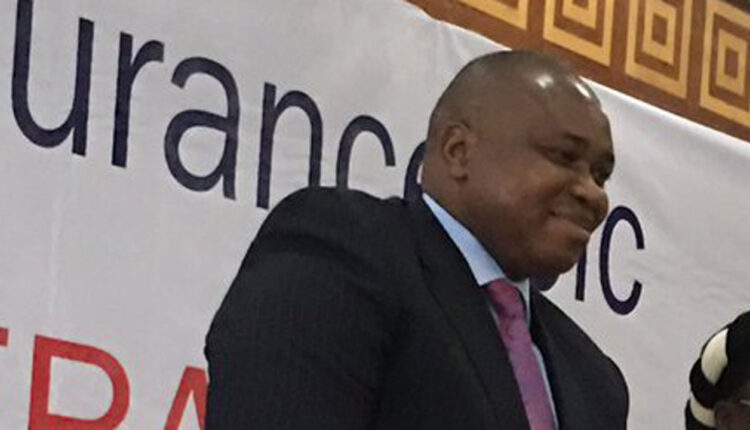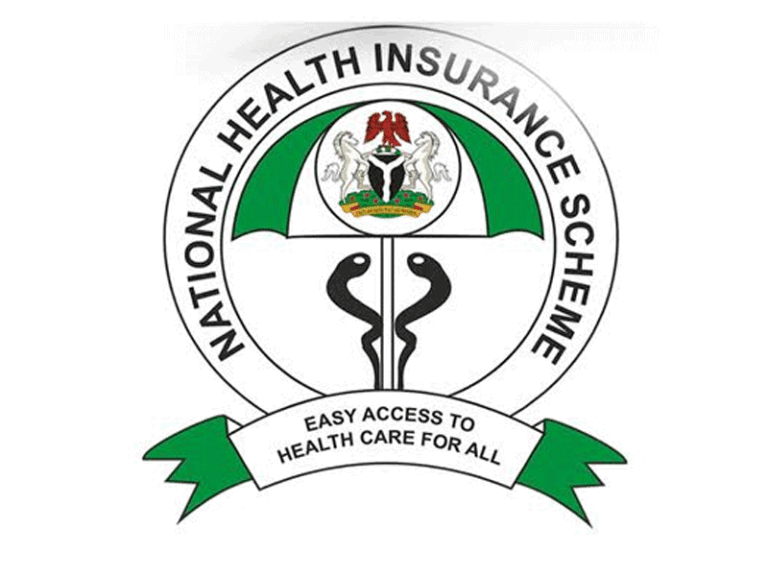
The Nigeria Health Insurance Authority (NHIA) announced that enrollment in its health insurance scheme has reached 19.2 million, marking a significant milestone in the agency’s drive to expand healthcare access across the nation.
Speaking at the agency’s end-of-year gathering in Abuja on December 11, 2024, NHIA Director General Dr. Kelechi Ohiri highlighted the achievement, noting that 2.4 million of the enrollees are vulnerable Nigerians, whose coverage is funded through the Basic Healthcare Provision Fund (BHCPF).
Surpassing 2024 Targets
Dr. Ohiri expressed pride in NHIA’s accomplishments, stating that the agency had exceeded the 2024 presidential target for health insurance coverage. Plans are now underway to expand coverage by an additional 20% in 2025, in collaboration with key stakeholders.
“In terms of coverage, there are 19.2 million people enrolled as of today, and we expect those numbers to increase before the year ends as more data comes in,” he said. “For the Basic Healthcare Provision Fund, 2.4 million vulnerable Nigerians are currently covered, and we anticipate further growth due to reforms we’re implementing in BHCPF guidelines.”
The enrollment figures represent a 14% increase over the past year, reflecting NHIA’s proactive approach to enhancing healthcare accessibility.
Advancing Universal Health Coverage
The announcement coincided with this year’s World Universal Health Coverage Day, during which President Muhammadu Buhari launched the Health Sector Renewal Investment Initiative. One of the initiative’s goals is to increase health insurance coverage by 20% by 2027.
Dr. Ohiri noted that NHIA has embraced this mandate and surpassed the trajectory initially set, attributing the progress to the agency’s commitment to the president’s vision for healthcare reform.
Expanded Coverage and Service Enhancements
The NHIA has broadened the range of illnesses covered under its scheme to include critical health challenges such as cancer care, diabetes, and hypertension. Additionally, the agency is working to enhance the quality of services provided by health facilities within the insurance framework.
To address operational inefficiencies, NHIA has developed new guidelines to minimize delays in service delivery. For example, a streamlined process now ensures that enrollees who face challenges obtaining approval codes for treatment can still access care promptly.
Addressing Complaints and Penalizing Defaulters
Dr. Ohiri outlined NHIA’s efforts to resolve patient complaints and enforce compliance among Health Management Organizations (HMOs). Since implementing stricter standards, the agency has imposed over ₦640 million in penalties on HMOs found guilty of malpractice.
“We have had situations where patients paid out-of-pocket for drugs, but upon investigation, they were reimbursed because the items were covered under our plan,” Ohiri explained.
To maintain accountability, NHIA has established a monthly review of complaints, focusing on identifying and resolving issues related to service delivery. “The more we address these complaints effectively, the less likely they are to recur,” he added.
Combating Sharp Practices
NHIA has intensified its monitoring of fraudulent practices within the system, including cases where enrollees attempt to obtain care for non-covered family members or where providers and HMOs engage in unethical behavior.
“Sharp practices by facilities, HMOs, or even enrollees themselves remain a challenge,” Dr. Ohiri said. “However, we are committed to rooting out these issues and ensuring the integrity of our system.”
Looking Ahead
As NHIA gears up for 2025, its focus remains on building a more inclusive and efficient health insurance system that addresses the needs of all Nigerians. With reforms, expanded coverage, and enhanced accountability measures in place, the agency is poised to drive significant progress toward achieving universal health coverage in the coming years.









